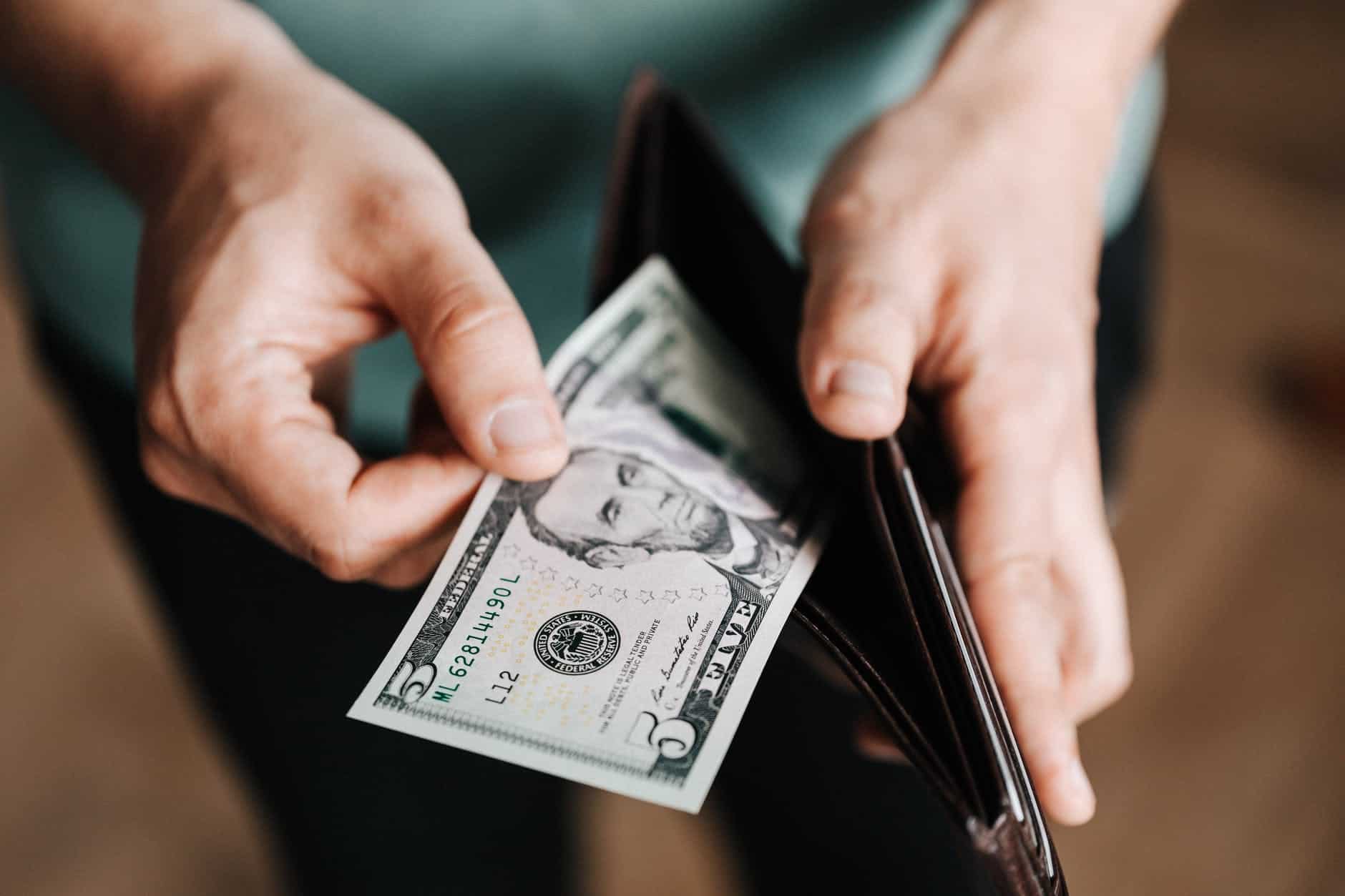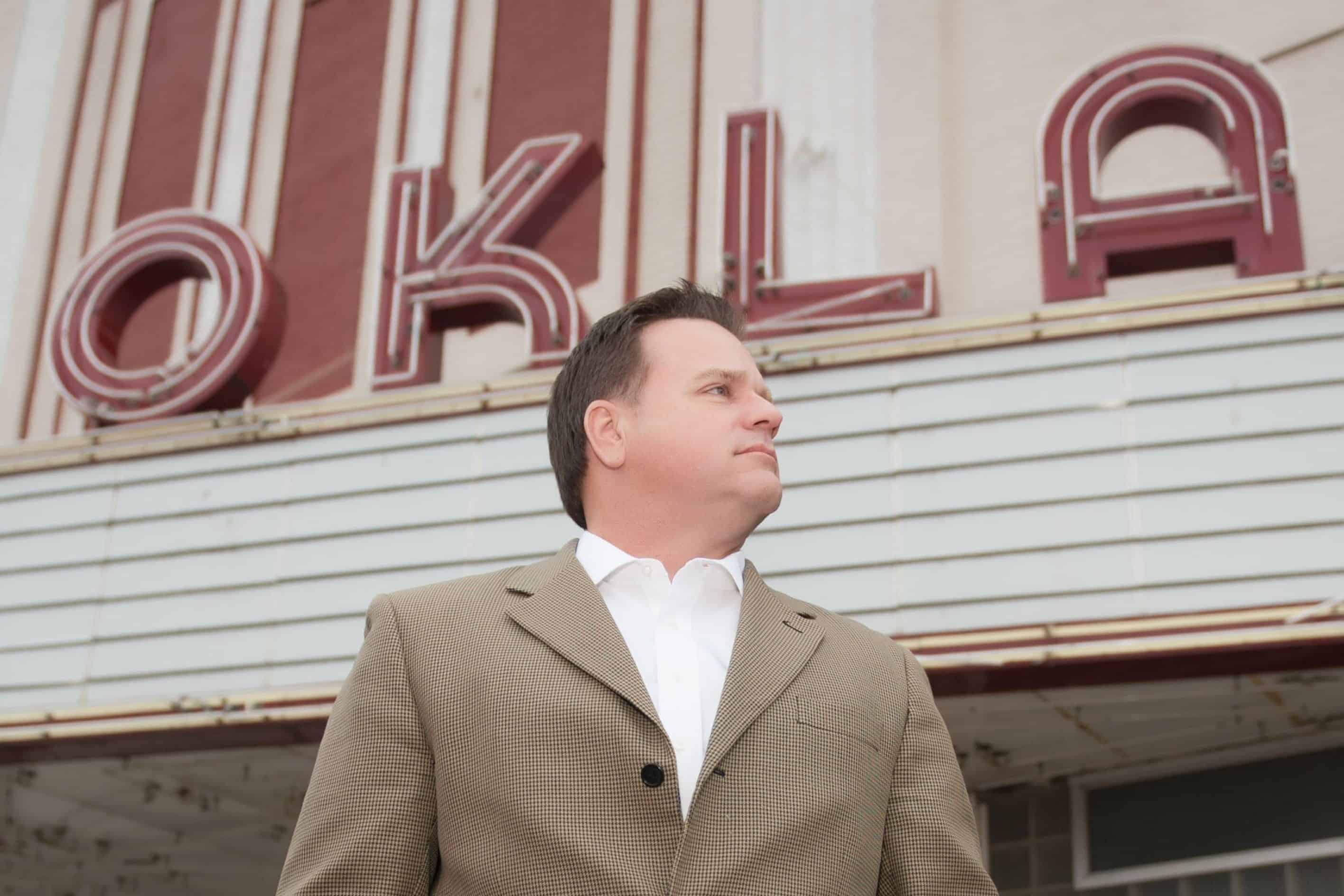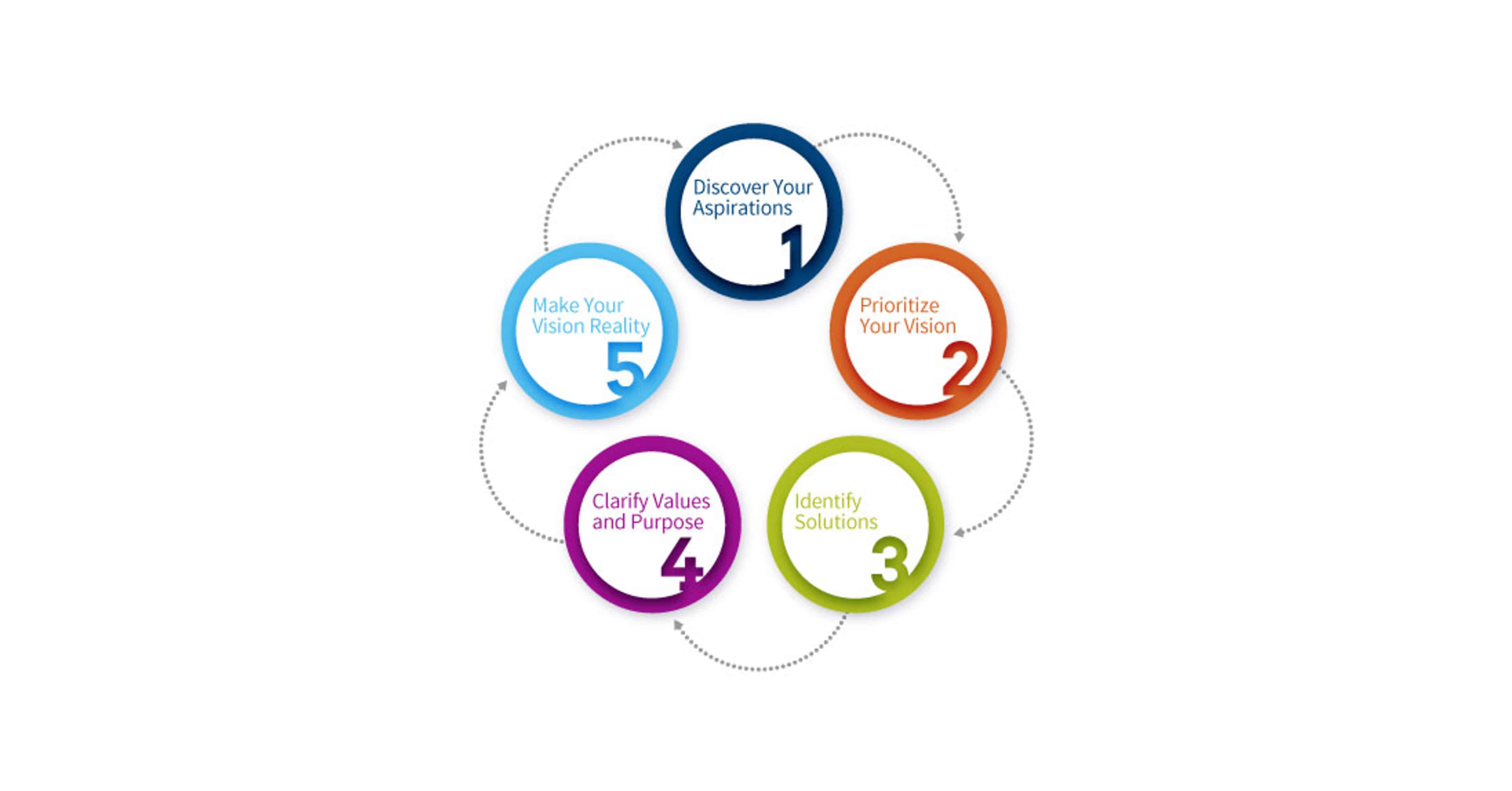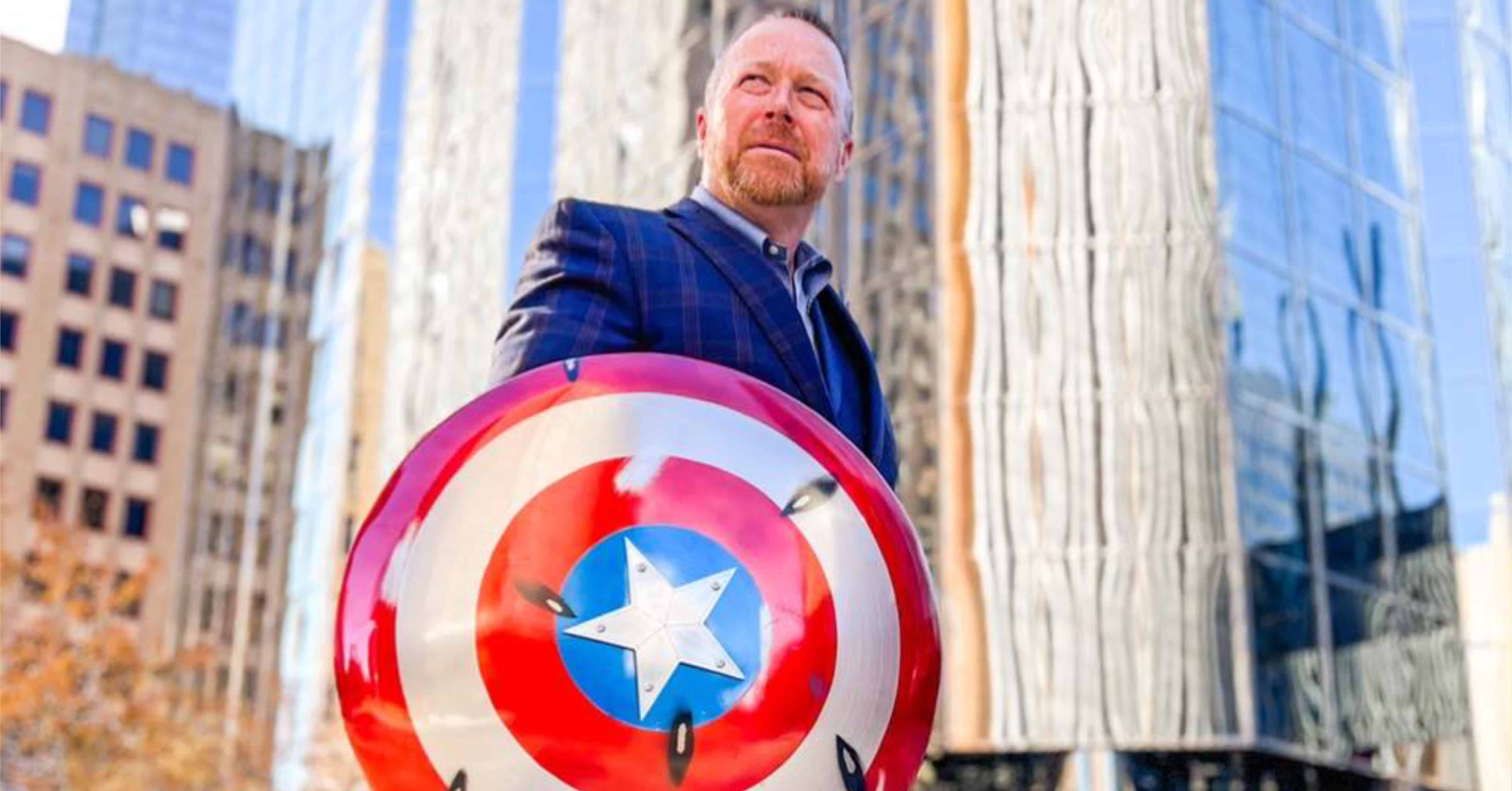There have been times when the world around us seemed like it was always a sunny day and when it wasn’t rainbows appeared boldly in the sky. Recently, most Americans are feeling isolated and anxious because of factors beyond their control. The pandemic has forced us to abruptly change our lifestyle from one of hope to one of despair and desperation.
I have some good news and bad news. First, the good news is that the world is never bad in and of itself. Your interpretation of the world’s events causes you to perceive your current situation as bad. The bad news is that many of us lack the will, vision and desire to turn the current events into positive ones.
One of my favorite pastimes is watching people. I don’t mean watching them for purposes of finding humor but rather to understand why and how they may be feeling about life. Too often the hard times are written on their faces, hands and the gait of their walk. Life has a method of breaking people based on outcomes from poor decisions.
A young mother and her very small daughter were in a convenience store recently while I was purchasing gasoline for my car. As I watched the little girl, of maybe three or four years of age, relentlessly asking her mother for some food to eat, the resounding decline of her mother rang loudly in my ears. She was told that they didn’t have any money for food. As I thought about this situation, I quickly decided to act by purchasing some food and drinks for the little girl. When I reached the counter to pay for the food and hand it to the little girl, I noticed the mother was ordering cigarettes and slowly found the money to pay the attendant.
This simple, yet excellent, example of economics popped into my mind. When faced with a decision that impacted them both – the buying of food to eat – the individual purchased something that only the mother could utilize for satiation. Addictions of all types are experienced, and holding captive, too many people in world. Poor choices with money cause even greater harm to the family unit when more wholesome choices were obvious.
After asking the mother if I could give the little girl the food and drinks, I saw a smile radiate on the little girl’s face like the noon-day sun! The two of them made their way out the door and a stranger came up to me and, with a haughty tone in his voice, said, “I wouldn’t have bought them food! Didn’t you see her buy the cigarettes?” I smiled and simply replied, “For me, it was only economics and kindness to buy the little girl some food. For her, it was the difference between going hungry and losing hope. You see, we live in a complex world that functions on simple, basic economics.”
The moral of this story is that each of us has limited means. What we choice to do with this resource can be an investment (buying a little girl food to help and provide hope) or simply an expense (cigarettes). The former pays dividends many times over. The latter causes greater pain when the goods are used up.
Before making spontaneous purchases for items, you may not have the means to buy, think about the type of use of your funds. Are you making an investment or simply spending money? The difference is enormous.
It takes producers and consumer to maintain an economy. Next week we will investigate the savings rate in the United States and provide you some strategies to help you become an exponential, economic saver.
Until next week, be a help to someone in need. Help change their life by applying this simple lesson in economics. You will be the one who receives the dividends of goodwill!





